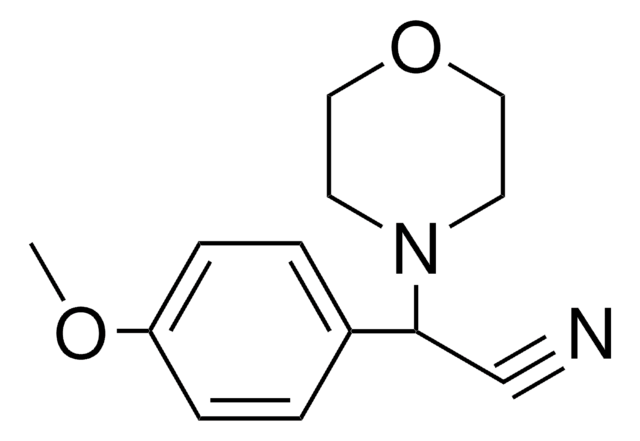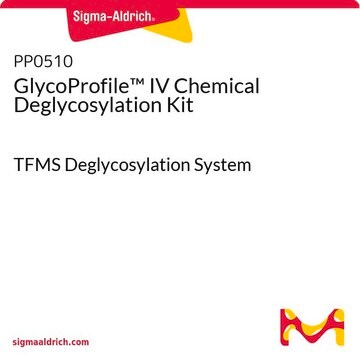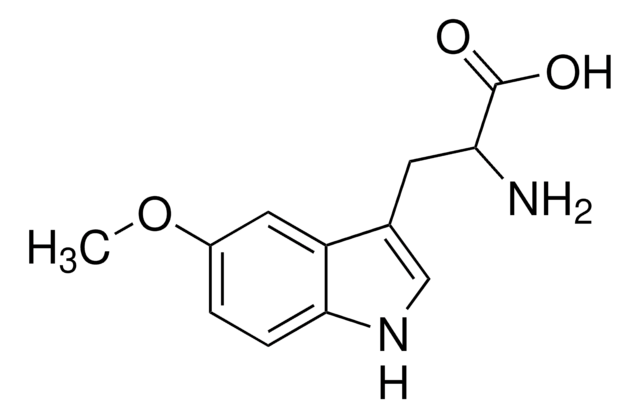All Photos(1)
About This Item
Empirical Formula (Hill Notation):
C10H11N5O2
CAS Number:
Molecular Weight:
233.23
MDL number:
UNSPSC Code:
12352202
PubChem Substance ID:
Recommended Products
form
solid
storage temp.
2-8°C
SMILES string
CC(N)(C(O)=O)c1ccc(cc1)-n2cnnn2
InChI
1S/C10H11N5O2/c1-10(11,9(16)17)7-2-4-8(5-3-7)15-6-12-13-14-15/h2-6H,11H2,1H3,(H,16,17)
InChI key
PUQSGMIEFYCTSW-UHFFFAOYSA-N
Biochem/physiol Actions
(±)-α-Methyl-(4-tetrazolylphenyl)glycine (MTPG) was used in rat models of cerebral ischemia to explore the role of group II metabotropic glutamate receptors mGluR2/3 in brain ischemia tolerance. MTPG inhibited the induction of ischemia tolerance indicating the involvement of mGluR2/3 in the induction of the protective mechanism.
Potent antagonist for (1S,3S)-ACPD-sensitive receptors; preference for GluR2 and GluR3 subtypes
Storage Class Code
13 - Non Combustible Solids
WGK
WGK 3
Flash Point(F)
Not applicable
Flash Point(C)
Not applicable
Personal Protective Equipment
dust mask type N95 (US), Eyeshields, Gloves
Certificates of Analysis (COA)
Search for Certificates of Analysis (COA) by entering the products Lot/Batch Number. Lot and Batch Numbers can be found on a product’s label following the words ‘Lot’ or ‘Batch’.
Already Own This Product?
Find documentation for the products that you have recently purchased in the Document Library.
D E Jane et al.
Neuropharmacology, 34(8), 851-856 (1995-08-01)
The depression of the monosynaptic excitation of neonatal rat motoneurones produced by the metabotropic glutamate receptor (mGluR) agonists (1S,3S)-1-aminocyclopentane-1, 3-dicarboxylate (ACPD) or L-2-amino-4-phosphonobutyrate (L-AP4) was antagonized by three novel phenylglycine analogues: (RS)-alpha-methyl-4-sulphonophenylglycine (MSPG), (RS)-alpha-methyl-4-phosphonophenylglycine (MPPG) and (RS)-alpha-methyl-4-tetrazolylphenylglycine (MTPG). The potencies
Rong-Fang Feng et al.
Sheng li xue bao : [Acta physiologica Sinica], 55(3), 303-310 (2003-06-21)
To explore the role of metabotropic glutamate receptor 2/3 mGluR 2/3 in the induction of brain ischemic tolerance (BIT), the influences of mGluR2/3 antagonist alpha-methyl-(4-tetrazolyl-phenyl) glycine (MTPG) on the induction of BIT and expression of glial fibrillary acidic protein (GFAP)
Our team of scientists has experience in all areas of research including Life Science, Material Science, Chemical Synthesis, Chromatography, Analytical and many others.
Contact Technical Service








